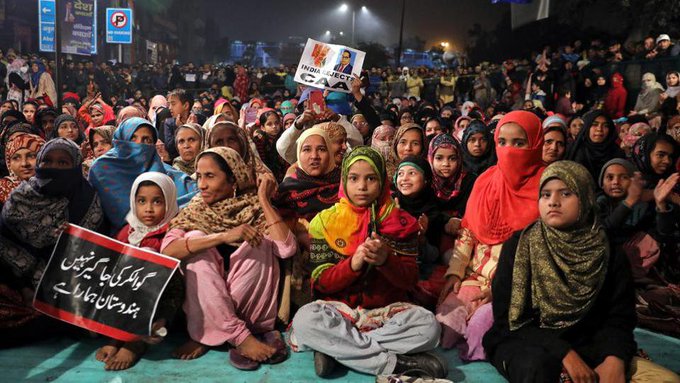From job loss to domestic violence, from unequal pay to child marriage and denial of sexual and reproductive health care, from exclusion from decision making and leadership roles to undignified labour conditions, the Covid-19 pandemic has arrested Women’s Rights progress on most of these fronts, highlights Antonio Guterres, Secretary General of United Nations while addressing the 25th Anniversary of Fourth World Conference for Women on October 1st. The Beijing Conference held in 1995 was a watershed moment for global fight for women’s rights, he says. But today, 25 years on, ‘these rights are still being denied, hindered and ignored everywhere’. He remarked that the pandemic has been a catastrophe as it has exploited the continued denial of women’s rights but it has also emphasised the urgency. He stressed that it can be an opportunity for a transformative moment for the Gender Justice and Equality movement by putting ‘women at the front and centre of response and recovery’.
All over the world, the informal sector was hit very hard due to the pandemic and it has unlocked a “women-led recession” as women employed in the sector were first to lose their jobs. There is a need to release stimulus funds that will put money directly in the hands of these women through cash transfers and credit, the Secretary General said, while also urging governments to recognise the value of unpaid care work committed by women. Quoting World Bank’s estimated capital loss worth $172 trillion, he said that’s how much we could be gaining if gender parity in lifetime earned income was achieved.
He mentioned that even though since the Beijing Conference, some progress has been made towards reducing maternal mortality and girls’ school education, there continues to be disturbing statistics on many other indicators. He stated that every year 12 million are married before the age of 18. It is worth noting here that the pandemic only worsened the situation. Child marriage rate in India, for instance saw a rise due to closure of schools and poor families slipping further into poverty. The Union Ministry of Women and Child Development (WCD) has recorded around 5,584 violations of underage marriages during the lockdown period of March end to June. There have also been increasing numbers of sex trafficking in India, under the guise of marriage as families are giving away their young daughters to older men in the absence of any money to feed the family. Girls in parts of South Asia, Africa and Latin America are most vulnerable to early marriage, that often results in maternal mortality, infant mortality, poor health of both mother and child and a lifetime of depression and violence.
As per the denial of rights, these girls may never see the face of school again.
Women in different parts of the world have also faced denial to their abortion rights. In the U.S., in India as well as some European countries, abortions have been denied in part due to the large scale allocation of health facilities to Covid treatments and in part due to the politically motivated manipulation of the Covid crisis to restrict essential access to abortion care.
The pandemic has also intensified the struggle of many women against domestic violence. Numerous countries saw a hike in calls to domestic violence helplines since the outbreak of Covid-19.
Many other officials spoke at the conference through recorded messages. Chinese President Xi Jinping said that in both containing Covid-19 and promoting post-covid economic and social recovery, we need to address the needs of women and deliver on the Beijing Declaration and Programme for Action. Phumzile Mlambo-Ngcuka, Executive Director of UN Women emphasised the need for young women’s leadership to recover from the pandemic, women who are more likely to live in extreme poverty than their male counterparts. Mlambo-Ngcuka also said, “It’s time to bring an end to discriminatory laws, norms and homophobia, to end men’s violence against women and girls, and make a concerted effort to put women at the heart of climate justice.”
The head of the UN Population Fund Dr. Natalia Kanem urged leaders for more funding and initiative, she stressed that it is not just the question of rights but also smart economics with societal benefits that exceed the cost of investment.
Toward the end of his address, the secretary general reminded the conference that the Beijing Conference is not standing only for women but signified that it is fundamental for the sustainability, peace and prosperity of the entire planet that women’s rights and freedoms are ensured. He also spoke of the upcoming Generation Equality Forum, co-hosted by the Governments of Mexico and France, that will be an important opportunity to build networks and partnerships for change.














